The EU just launched a bold new initiative to support regional AI startups and drive innovation
EU-based artificial intelligence firms will be given financial support and access to supercomputers in a bid to accelerate innovation and boost competition with global counterparts

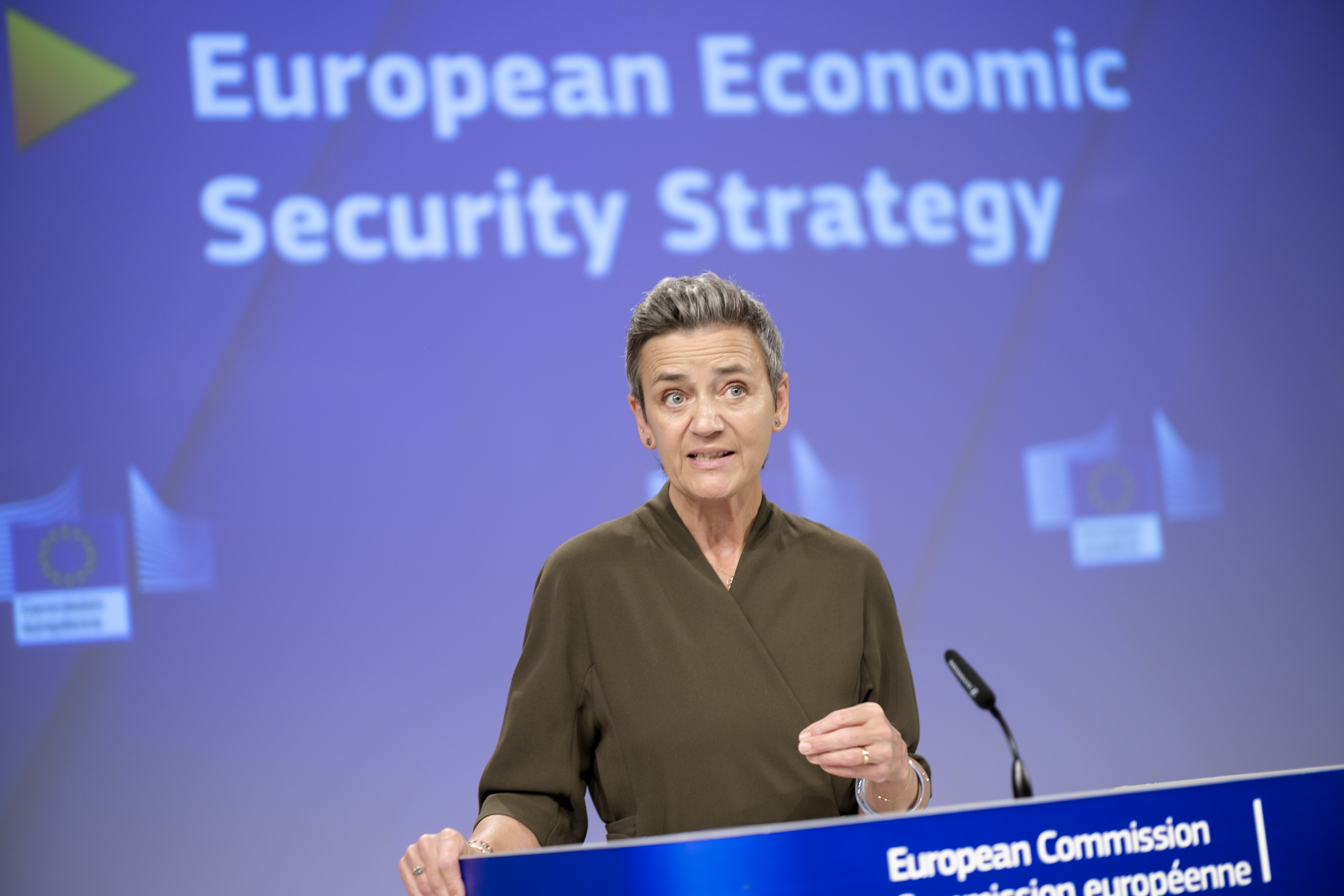
The European Commission has announced a series of new measures aimed at providing support for AI startups and small businesses across the EU.
The AI Innovation package builds on a pledge made by Commission president Ursula von der Leyen in September last year that European AI startups would be given access to the bloc's supercomputers to train trustworthy AI models.
It involves amending the EuroHPC Regulation to set up what the Commission is calling ‘AI Factories’ to acquire, upgrade, and operate AI-dedicated supercomputers to handle machine learning and the training of large general purpose AI models.
A 'large number' of public and private users, including startups and SMEs, will be given access to the scheme, the Commission said, and supported in algorithmic development, testing evaluation, and validation of large-scale AI models.
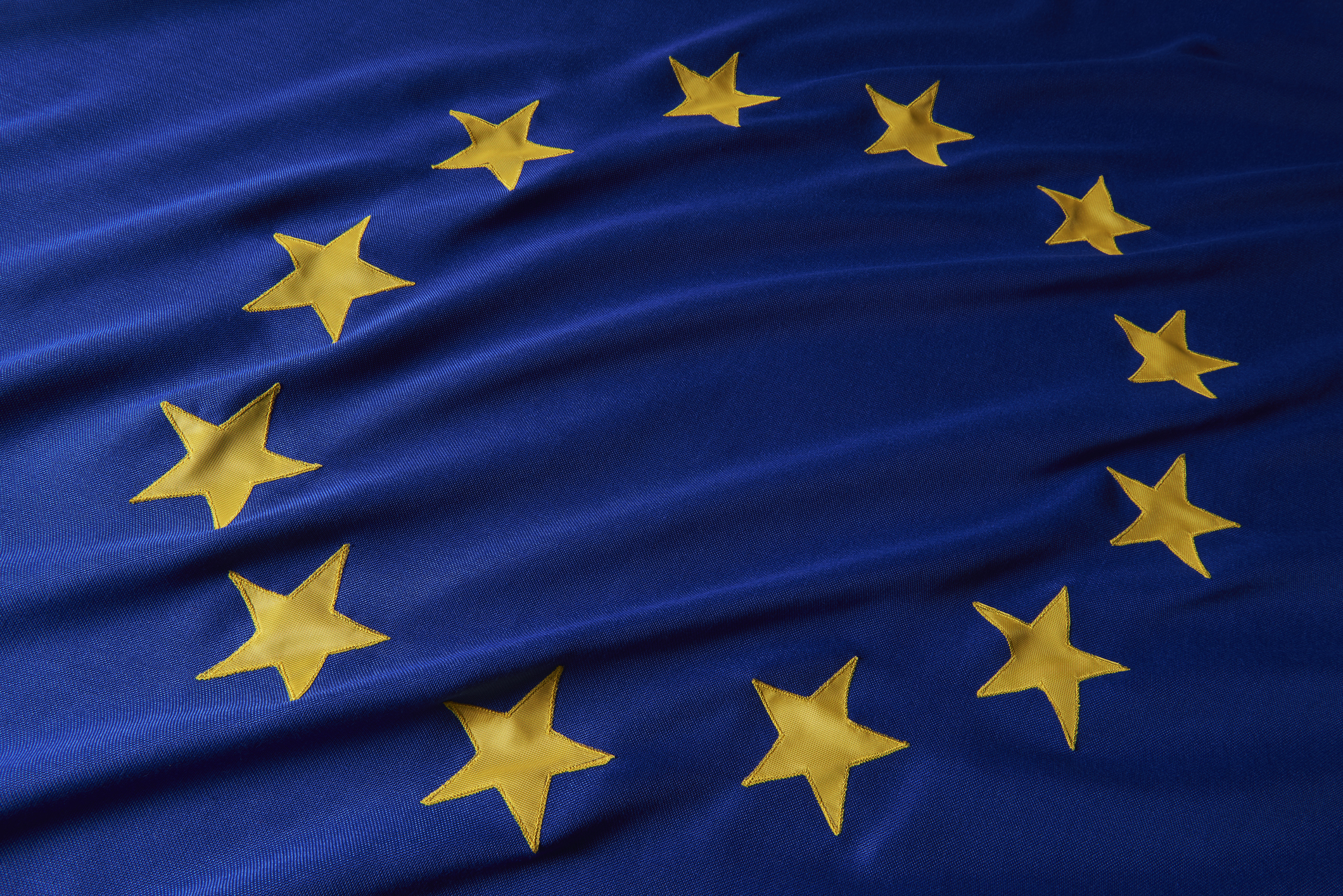
"Ill-informed" EU lawmakers risk blurring the definition of open source in Cyber Resilience ActSatya Nadella says Microsoft and OpenAI have a “pro-competition partnership” – regulators aren't so sureEuropean firms say they’re being “left in the dark” by big tech gatekeepers ahead of Digital Markets Act
"You need computing power to develop AI. A lot of it. So we want to give SMEs and startups privileged access to the network of European supercomputers," said Margrethe Vestager, executive vice president of the European Commission.
"We are committed to innovation of AI and innovation with AI. And we will do our best to build a thriving AI ecosystem in Europe."
A dedicated AI Office will be set up to handle the development and coordination of AI policy at European level, officials said, as well as to supervise the implementation and enforcement of the EU AI Act.
Sign up today and you will receive a free copy of our Future Focus 2025 report - the leading guidance on AI, cybersecurity and other IT challenges as per 700+ senior executives
Meanwhile, financial support from the Commission will be provided through Horizon Europe and the Digital Europe programme in a package that lawmakers said will offer an additional boost of public and private investment of around €4 billion until 2027.
RELATED RESOURCE
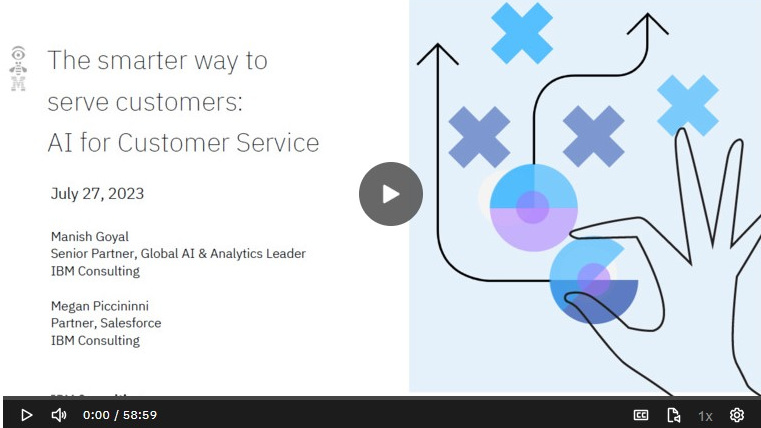
Discover how generative AI is shaping the future
There are also plans for education, training, skilling, and reskilling programs, as well as venture capital or equity support. The Commission said it also aims to speed up the development and deployment of Common European Data Spaces for the AI community.
Finally, there's a new GenAI4EU initiative, aimed at supporting the development of novel use cases and emerging applications in robotics, health, biotech, manufacturing, mobility, climate, and virtual worlds.
"Today, we announce the launch of AI Factories, bringing together the ‘raw materials’ for AI: computing power, data, algorithms and talent," said Thierry Breton, commissioner for internal markets.
"They will serve as a one-stop shop for Europe’s AI start-ups, enabling them to develop the most advanced AI models and industrial applications. We are making Europe the best place in the world for trustworthy AI."
The support for EU-based AI startups follows a period of intense criticism of the union’s flagship EU AI Act, which industry stakeholders and critics both warned could have an adverse effect on the broader European AI industry.
Last year, tech policy group DigitalEurope said that the legislation risked “regulating AI startups out of existence”.
The group warned that strict new rules around the development and deployment of AI could prevent companies in the union from competing with global counterparts, particularly in the US.
Additional support for European digital infrastructure
The Commission said it will also establish two European Digital Infrastructure Consortiums (EDICs) as part of the scheme.
The first of these, the Alliance for Language Technologies, is aimed at developing a common European infrastructure in language technologies to address the shortage of European language data for the training of AI solutions.
Meanwhile, CitiVERSE will apply state-of-the-art AI tools to develop Local Digital Twins for Smart Communities, helping cities simulate and optimize processes from traffic management to waste management.
Emma Woollacott is a freelance journalist writing for publications including the BBC, Private Eye, Forbes, Raconteur and specialist technology titles.
-
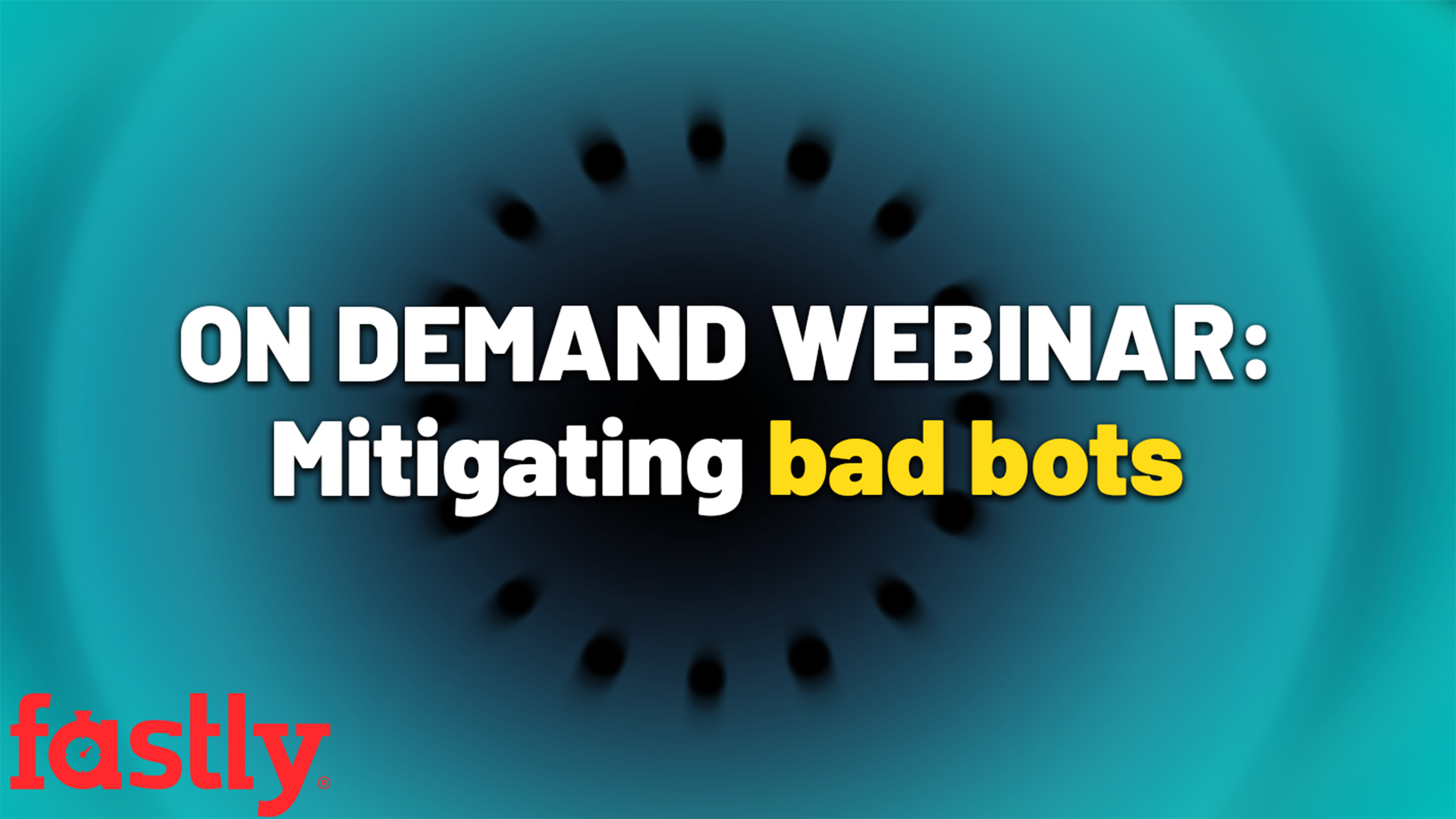 Mitigating bad bots
Mitigating bad botsSponsored Podcast Web crawlers pose an immediate business risk, necessitating immediate action from IT leaders
-
 Thousands of Microsoft Teams users are being targeted in a new phishing campaign
Thousands of Microsoft Teams users are being targeted in a new phishing campaignNews Microsoft Teams users should be on the alert, according to researchers at Check Point
-
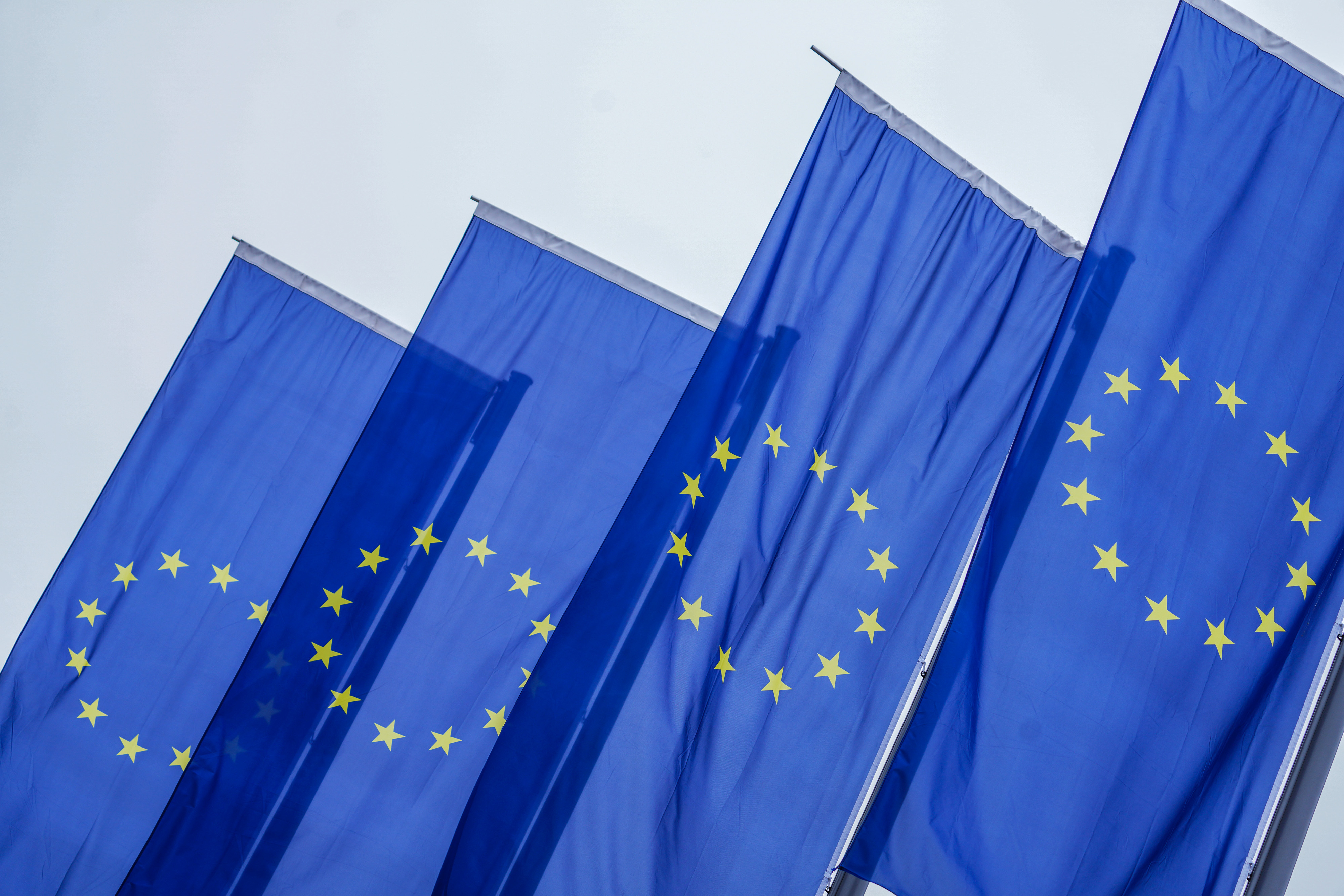 Will the future of AI be made in Europe? The EU thinks so
Will the future of AI be made in Europe? The EU thinks sonews European Commission unveils two plans backed by €1 billion to help homegrown AI
-
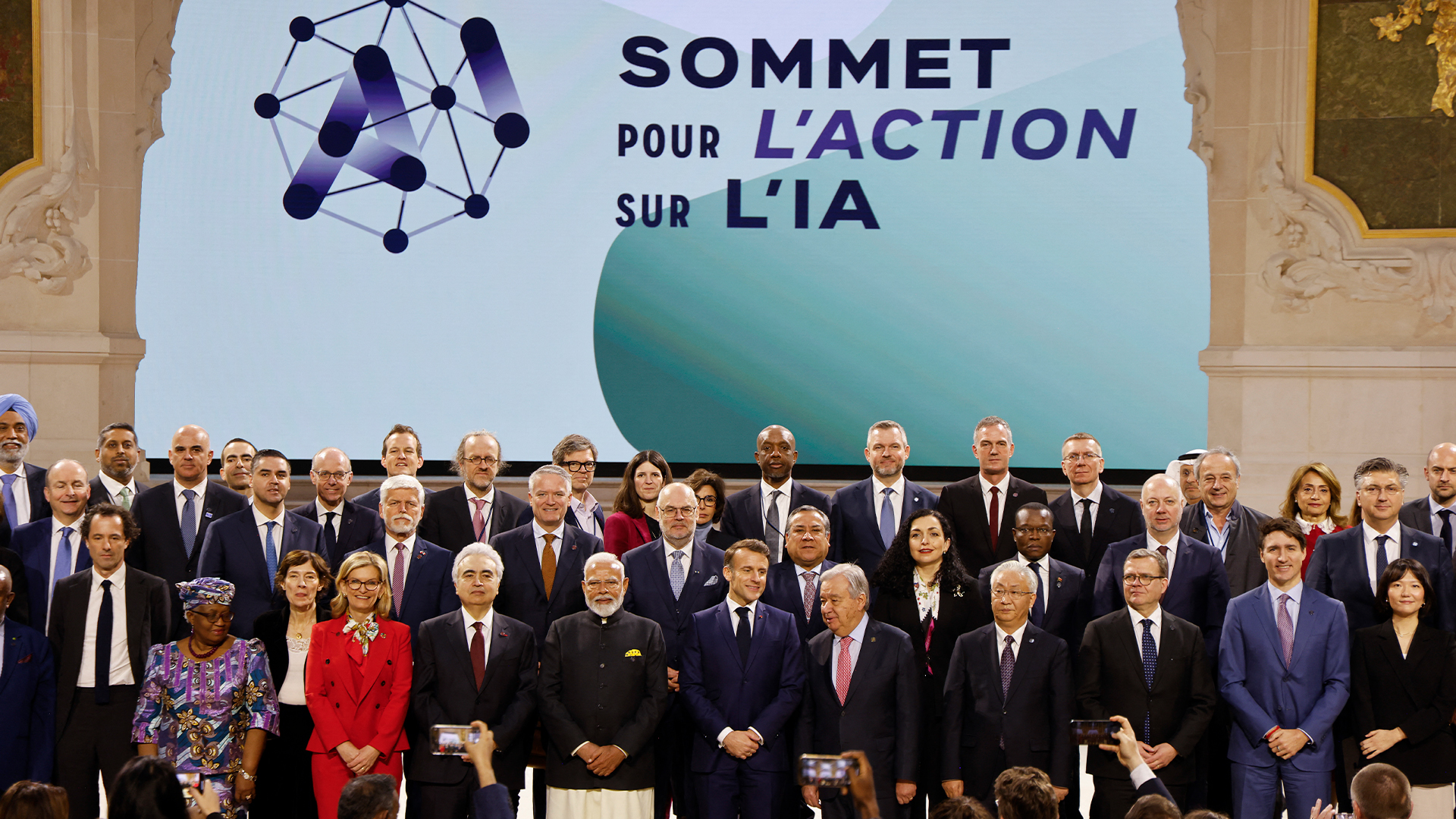 UK and US reject Paris AI summit agreement as “Atlantic rift” on regulation grows
UK and US reject Paris AI summit agreement as “Atlantic rift” on regulation growsNews The UK and US have refused to sign an international agreement on AI governance amid concerns over "practical clarity'.
-
 Looking to use DeepSeek R1 in the EU? This new study shows it’s missing key criteria to comply with the EU AI Act
Looking to use DeepSeek R1 in the EU? This new study shows it’s missing key criteria to comply with the EU AI ActNews The DeepSeek R1 AI model might not meet key requirements to comply with aspects of the EU AI Act, according to new research.
-
 European AI alliance looks to take on Silicon Valley and develop home-grown LLMs
European AI alliance looks to take on Silicon Valley and develop home-grown LLMsNews OpenEuroLLM is a consortium of 20 leading European research institutions, companies, and EuroHPC centers hoping to develop a family of open source LLMs.
-
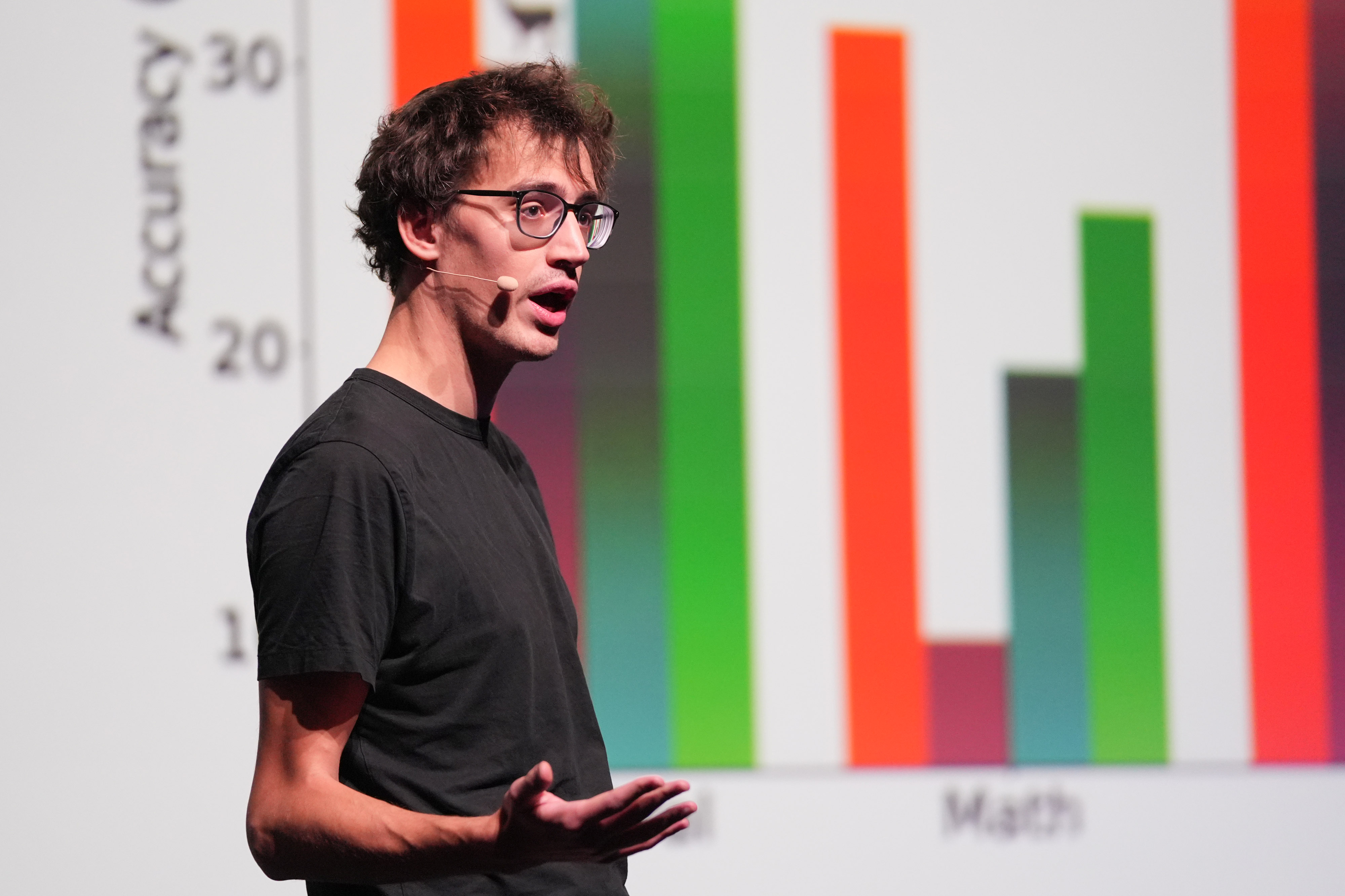 Why Mistral AI could be Europe’s answer to US dominance
Why Mistral AI could be Europe’s answer to US dominanceAnalysis Mistral AI has raised a significant amount of investment amid a meteoric rise
-
 Wikipedia co-founder warns that the USA could run away with AI development
Wikipedia co-founder warns that the USA could run away with AI developmentNews Jimmy Wales and OpenUK fear EU regulations could stifle open-source AI
-
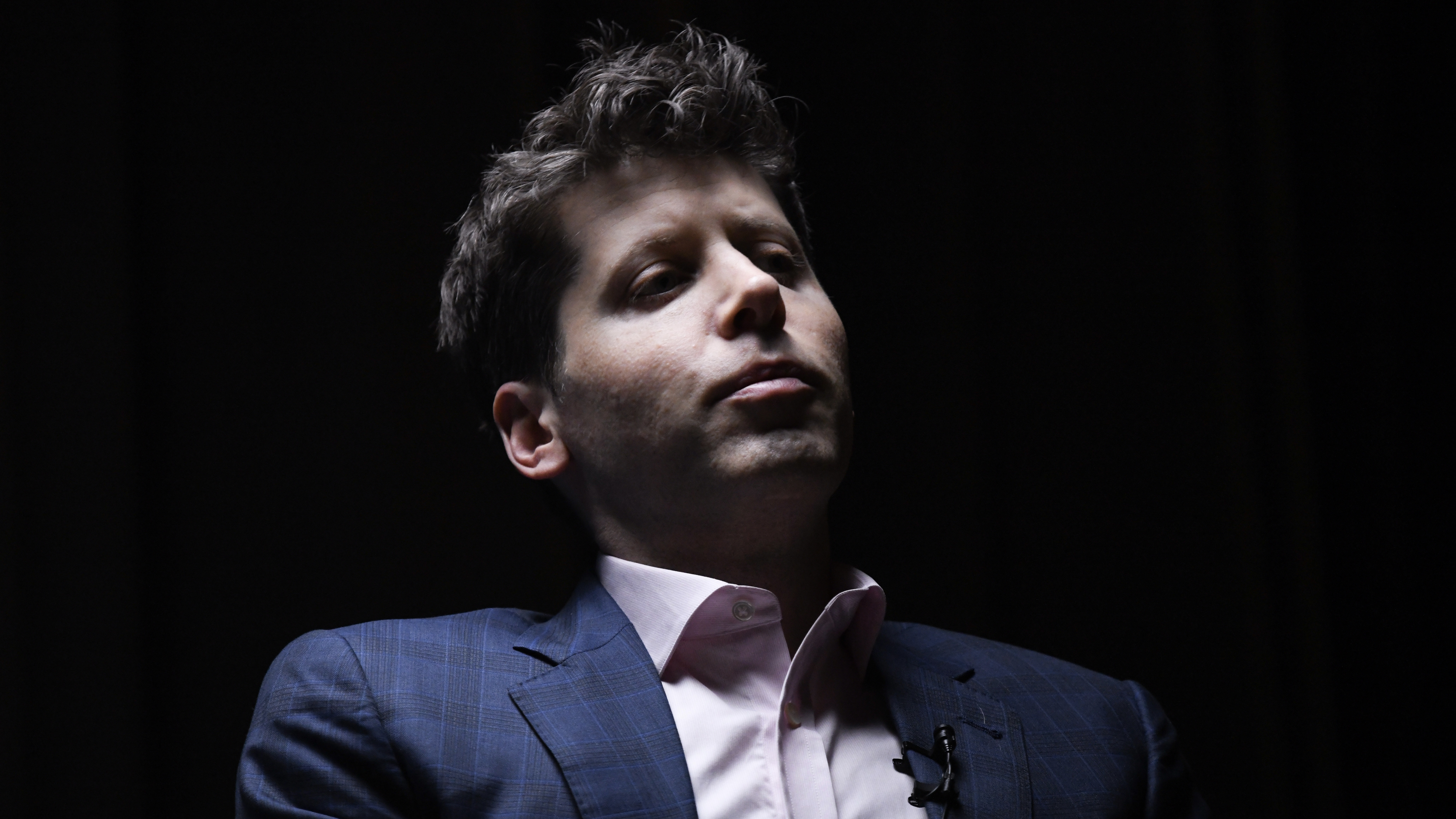 Why are AI innovators pushing so hard for regulation?
Why are AI innovators pushing so hard for regulation?Opinion Tech giants are scrambling to curry favor with lawmakers amid a pending regulatory crackdown
-
 Sam Altman reverses threat to ‘leave Europe’ over AI regulations
Sam Altman reverses threat to ‘leave Europe’ over AI regulationsNews Altman’s comments during a panel discussion on Wednesday sparked criticism from EU lawmakers
